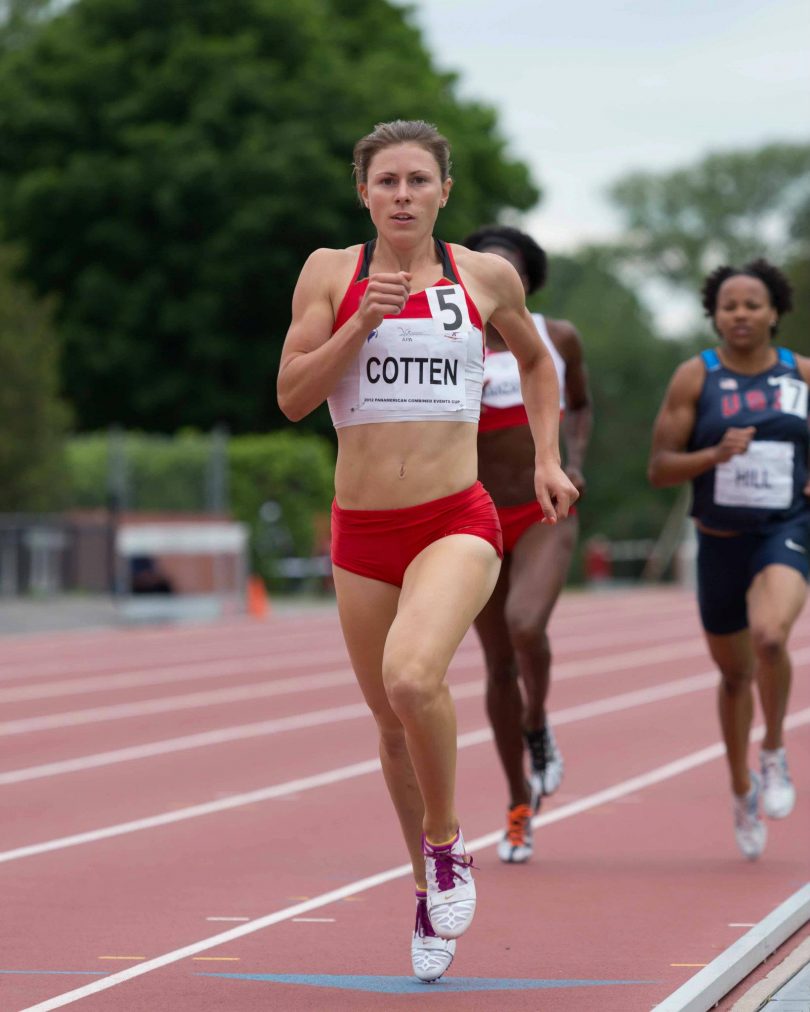By Dr. Natascha Wesch, PhD
At some point in your athletic career you will go through a transition phase of some sort. That transition may be: (1) within sport (you might be getting ready to go from one level to another or preparing to change teams); (2) to a new sport; or (3) out of sport (due to injury or retirement). Athletes who are able to get the right support and create a sound plan prior to and during these transition phases tend to do so in a smoother and healthier way. The key is to plan ahead so that you can be prepared when you go through the transition phase. For instance, if you know that you will face a transition period in the next 1-2 years, then it’s important to put the wheels in motion now.
So what does that planning look like? It’s important to find someone who can help you set transition goals, create a plan and work through that plan. That person can be a coach, a parent, or a sport psychology consultant. The key is for you to find someone you trust, who understands you, and who can help you formulate a plan. The transition is yours to make and yours to live through, so the plan should be about you and what you want to do and accomplish during the next phase. That’s why finding someone who understands what sport transition is about is important.
The first step in the planning phase is to identify your goals and the intermediate steps required to get you there. Second, you want to look at the key ingredients needed to achieve those intermediate steps. The third step is to write out this plan and put it into action. But a plan is only effective if you follow through with it and periodically check in on where you are. So it’s important for you and your support person to establish a plan that includes periodic check-ins to monitor your progress.
Finding success
Jen Cotton, a London-based Canadian heptathlete, has been through many sport career transitions, and she has managed to enjoy success throughout, including after her transition from one track and field discipline to another.
“First, it’s difficult to find someone who understands where I’m coming from as an athlete, but who isn’t invested in a specific outcome,” said Cotton. “Speaking with Natascha provided a safe place to leave the strict identities I may have created for myself and entertain a possibility of change. At times, I had been banging my head against the wall feeling too invested in a certain outcome to realize that there was a door to change right in front of me. Having a plan and talking through it helped me find my happiness.”
Dr. Natascha Wesch is a Mental Performance Consultant who works with athletes, coaches, and teams of all levels and sport backgrounds. To learn more about her, visit: www.elitemindperformance.com.






